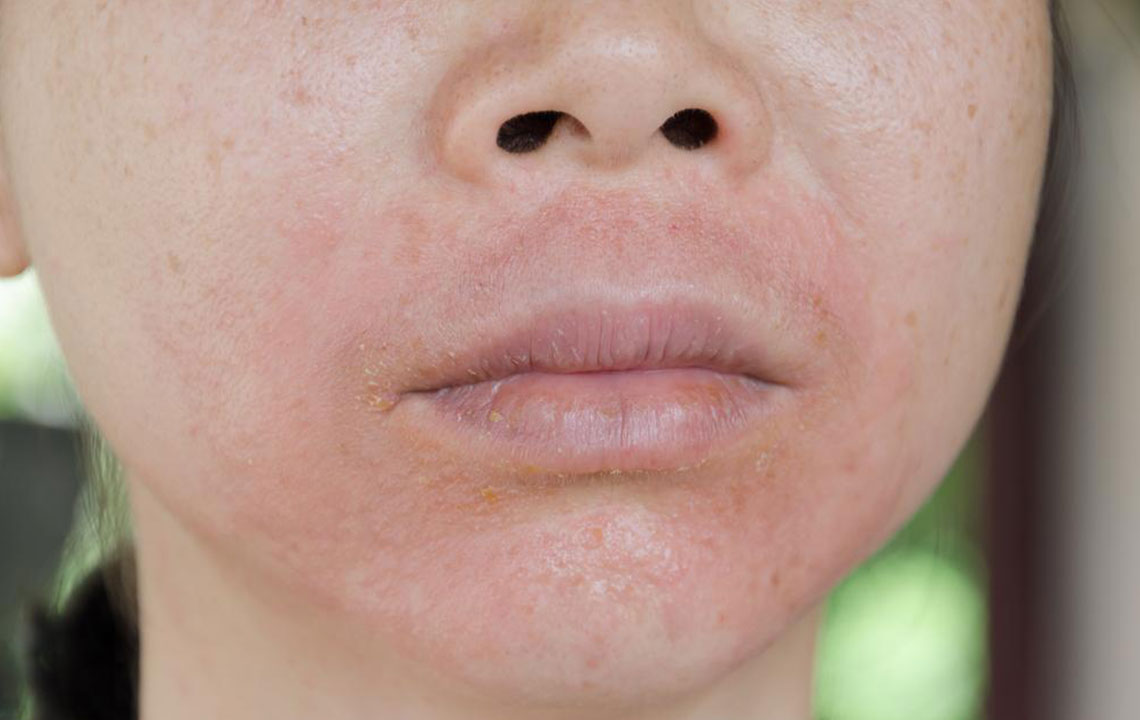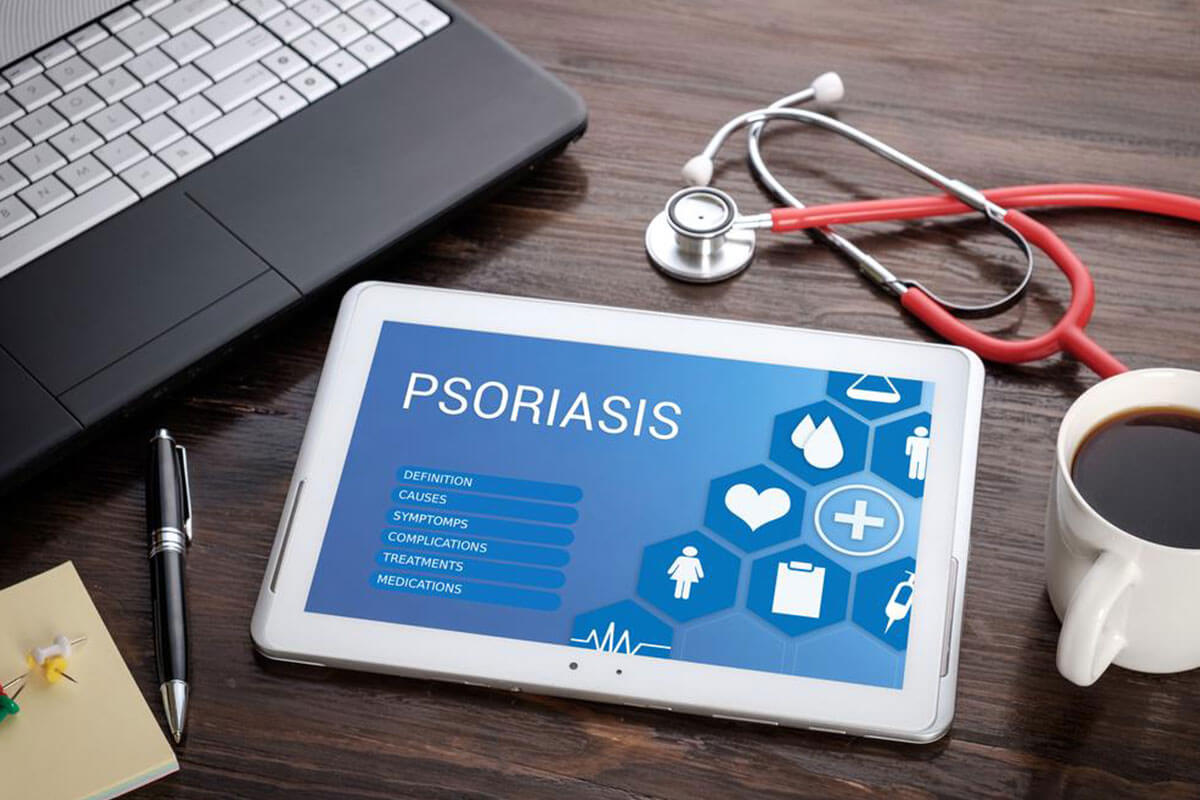Comprehensive Guide to Scalp Psoriasis: Causes, Symptoms, and Treatment Options
This comprehensive overview explains scalp psoriasis, highlighting symptoms, causes, and effective treatment options. It emphasizes the importance of early diagnosis and lifestyle modifications, including natural remedies and diet, to manage this autoimmune skin disorder. The guide offers practical advice on medications, natural remedies, and dietary choices that can help alleviate symptoms and improve skin health, emphasizing personalized care under medical supervision.
Sponsored

Scalp psoriasis is an autoimmune condition characterized by rapid skin cell production, leading to inflammation, itchiness, and scaly patches on the scalp. It may extend to areas like the forehead, ears, neck, and elbows, sometimes causing hair loss. Early signs can resemble dandruff, causing delays in diagnosis. Symptoms include red patches, thick scales, dry skin, itching, soreness, hair loss, and bleeding. This cyclical disorder flares up and subsides due to various triggers. Understanding its causes and management strategies is vital for effective control.
Causes of scalp psoriasis
Genetic predisposition increases risk, especially with familial history.
Overweight and obesity promote outbreaks due to skin folds.
Smoking and high stress weaken immune defenses, exacerbating symptoms.
Infections and vitamin D deficiency impair skin health.
Alcohol and certain medications can induce or worsen psoriasis.
Treatment approaches
Anti-itch shampoos with menthol or salicylic acid provide relief.
Topical treatments such as salicylic acid, coal tar, and steroids reduce inflammation and scaling.
Phototherapy with UV light is effective for persistent symptoms.
Systemic medications like methotrexate and biologics are reserved for severe cases.
Natural remedies and lifestyle tips
Aloe vera and coconut oil soothe itching and promote moisturization.
Apple cider vinegar (diluted) can alleviate scalp irritation.
Baking soda and capsaicin help reduce inflammation.
Oatmeal baths and sea salt rinses ease symptoms.
Vitamin D absorption through sunlight can aid skin health.
Diet considerations
Consuming omega-3 rich fish like salmon or walnuts reduces inflammation.
Turmeric and colorful fruits boost immunity.
Opt for whole grains, lean meats, and healthy fats.
Supplements, including vitamin D, B-12, and selenium, may support treatment.
Early diagnosis and tailored treatment are key to managing scalp psoriasis effectively. Consult a healthcare provider before making dietary or medication changes to ensure safe and personalized care.






